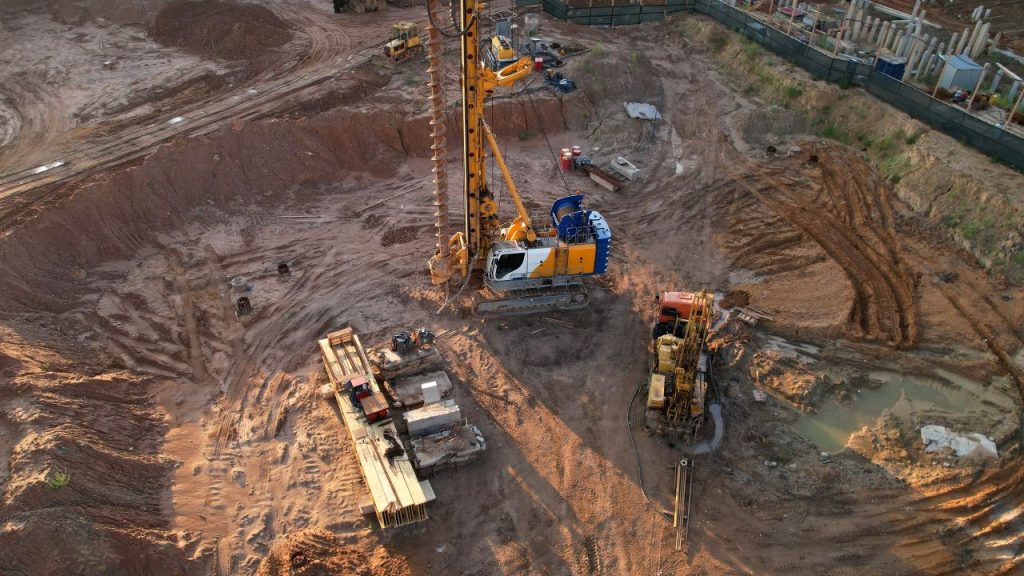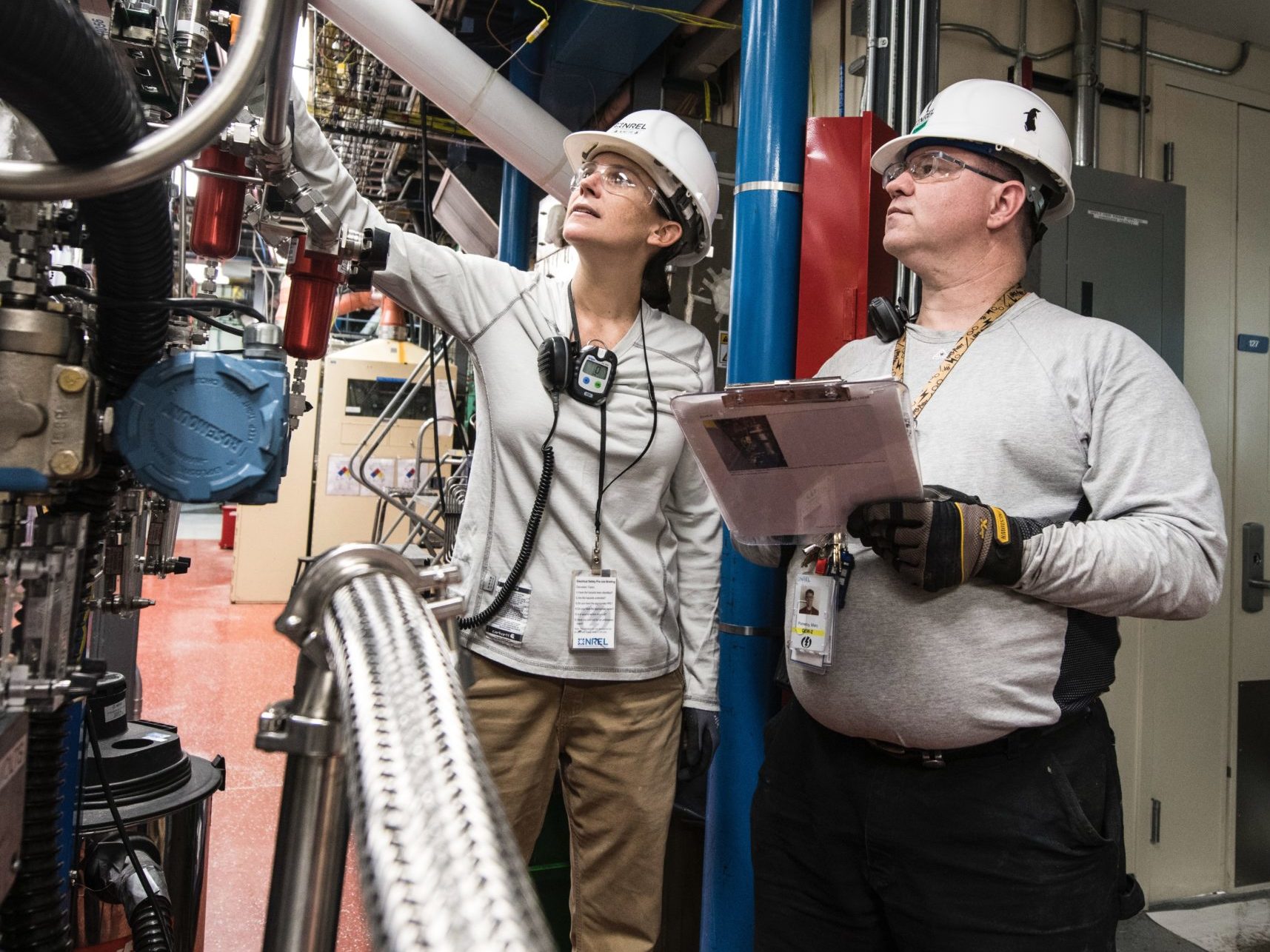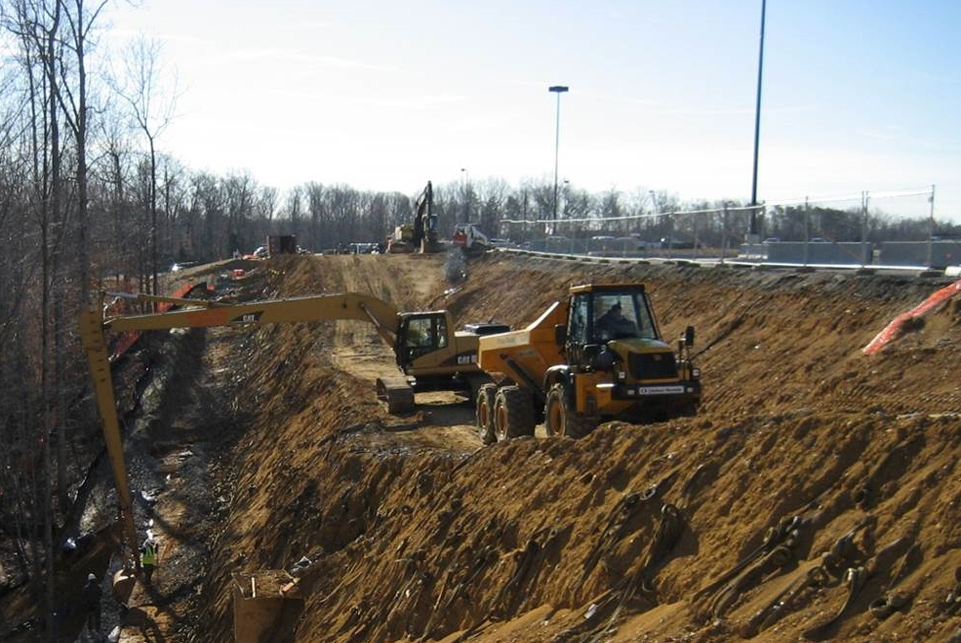A Comprehensive Overview to Ending Up Being an Effective Geotech Engineer
A Comprehensive Overview to Ending Up Being an Effective Geotech Engineer
Blog Article
A Thorough Summary of the Trick Obligations of Geotechnical Designers in Site Characterization and Ground Enhancement Strategies for Engineering Solutions
Geotechnical engineers are essential to the effective implementation of design jobs, tasked with the essential duties of site characterization and the application of ground enhancement strategies. Their job includes a comprehensive analysis of subsurface conditions, using numerous screening approaches to determine soil and rock properties.
Role of Geotechnical Designers
Geotechnical designers play an essential function in the layout and construction of framework by assessing the actions of soil and rock underneath the surface - geo tech engineering. Their responsibilities encompass evaluating subsurface problems to inform style choices that make sure structural security and security. By carrying out in-depth analyses of soil residential properties, including shear permeability, toughness, and compressibility, geotechnical designers supply crucial information that influences the option of appropriate construction materials and techniques
Along with analyzing dirt mechanics, geotechnical engineers are entrusted with recognizing prospective threats such as landslides, sinkholes, and ground settlements. Their proficiency helps minimize risks connected with these geotechnical phenomena, thereby shielding both the environment and public safety. They likewise team up closely with other engineering self-controls, ensuring that geotechnical factors to consider are integrated right into overall project layout.
Furthermore, geotechnical engineers engage in the examination of existing frameworks, providing recommendations for retrofitting and fixings when required. Their detailed understanding of soil-structure interaction is vital for the advancement of sustainable facilities options. On the whole, the role of geotechnical engineers is essential to the successful realization of building and construction projects, guaranteeing they are secure, long lasting, and compliant with regulatory standards.

Website Characterization Procedures
Efficient website characterization processes are crucial for recognizing the subsurface problems that affect job layout and execution. Geotechnical engineers use a systematic technique to collect, assess, and analyze data pertaining to dirt, rock, and groundwater qualities. This procedure starts with a complete testimonial of existing literature and historic website data, supplying insights into previous website problems and potential obstacles.

Information analysis complies with fieldwork, where engineers make use of geostatistical techniques to analyze searchings for and create geological models. Via thorough website characterization, geotechnical engineers lay the foundation for successful project implementation, maximizing and lessening unpredicted difficulties resource allocation.
Soil and Rock Screening Approaches
While understanding subsurface problems is important, the option of proper dirt and rock testing methods is just as essential for exact analysis and style. Geotechnical designers use a range of testing techniques to examine the mechanical and physical residential properties of soil and rock products.
Research laboratory tests, such as Atterberg limits, grain size evaluation, and unconfined compressive toughness tests, give vital click here for more data on soil behavior under different wetness conditions and packing scenarios. These tests help determine soil classification and forecast negotiation or shear stamina attributes critical for structure design.
In-situ screening methods, consisting of Criterion Penetration Examinations (SPT), Cone Infiltration Tests (CPT), and pressure check these guys out meter tests, permit designers to collect data straight from the ground. These approaches use beneficial insights right into the soil's thickness, consistency, and stratification without the demand for extensive sampling.
Rock testing commonly entails core sampling and lab analysis to examine residential properties like uniaxial compressive strength and rock top quality designation (RQD) Together, these dirt and rock testing approaches make it possible for geotechnical designers to make educated choices regarding site-specific obstacles, guaranteeing the security and stability of engineering remedies.
Ground Enhancement Strategies
Ground enhancement techniques are important for boosting the engineering residential or commercial properties of dirt, thus boosting its load-bearing capacity and minimizing negotiation. These techniques are crucial in attending to challenges offered by problematic or weak soils, which can substantially affect the stability and resilience of frameworks.
Different ground renovation techniques are used, consisting of compaction, grouting, and dirt stabilization. Grouting, on the various other hand, includes infusing a liquid product right into the ground to fill spaces and boost dirt communication.
Dirt stabilization why not try this out includes an array of approaches, from chemical additives to mechanical therapies, targeted at boosting the soil's resistance to disintegration and contortion. Strategies such as lime stablizing or concrete blending alter the buildings of the dirt at a fragment degree, improving its total efficiency.
Relevance of Geotechnical Analyses
Geotechnical analyses play a vital function in the planning and style of engineering tasks, as they offer vital info regarding the subsurface problems. Comprehending soil homes, rock formations, groundwater degrees, and prospective geohazards is important for guaranteeing the stability and safety and security of frameworks. These assessments allow engineers to make informed choices concerning website selection, design criteria, and building techniques.
The value of geotechnical assessments extends past first job stages; they contribute in danger management and expense performance. By determining potential concerns early, such as dirt settlement, incline instability, or excessive groundwater, designers can devise proper reduction methods, minimizing the likelihood of architectural failings and expensive hold-ups. These evaluations sustain conformity with regulative needs and boost the sustainability of engineering methods.

Final Thought
Finally, geotechnical engineers are essential to making sure the security and security of design projects with thorough site characterization and ground improvement strategies. geotechnical eng. Their organized approach to analyzing subsurface conditions, incorporated with their referrals for efficient ground modification, dramatically boosts dirt homes and load-bearing ability. The expertise of geotechnical engineers not only assists in informed project planning but likewise makes certain compliance with policies and cultivates effective communication among stakeholders, eventually adding to effective design outcomes
Geotechnical engineers play a critical duty in the style and building and construction of infrastructure by evaluating the habits of soil and rock under the surface area. By conducting comprehensive evaluations of soil buildings, including shear compressibility, leaks in the structure, and toughness, geotechnical designers provide important data that affects the option of suitable building materials and techniques.
In addition to assessing soil mechanics, geotechnical engineers are entrusted with recognizing potential risks such as landslides, sinkholes, and ground settlements. Geotechnical engineers use an organized method to collect, assess, and interpret data regarding groundwater, rock, and dirt qualities. By determining prospective issues early, such as soil settlement, incline instability, or extreme groundwater, engineers can devise proper mitigation strategies, reducing the chance of structural failings and costly hold-ups.
Report this page